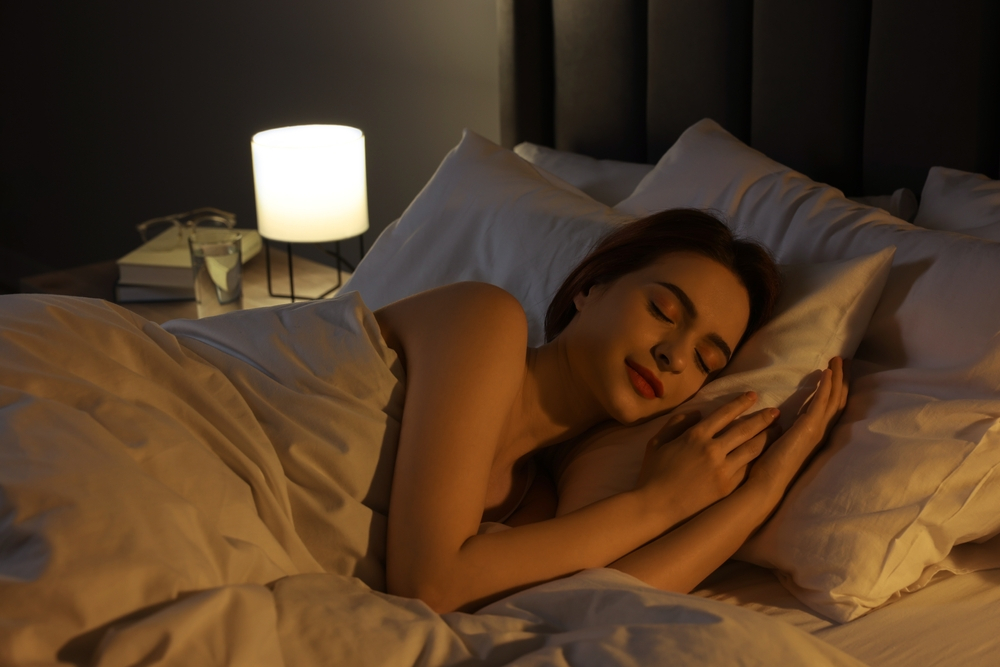Unlocking Tranquil Nights: The Role of CBD in Promoting Restful Sleep

In the fast-paced world we live in, a good night’s sleep can often seem like an elusive luxury. The quest for remedies to enhance sleep quality has led many to explore alternative solutions, and one compound that has gained significant attention is CBD (cannabidiol). In this article, we’ll delve into the potential benefits of CBD for sleep and its role in fostering a restful night.
CBD, the Endocannabinoid System, and Your Sleep Journey
Imagine your body as a finely tuned orchestra, with different instruments working in harmony to create a beautiful melody. Just like an orchestra needs a conductor, your body has something called the endocannabinoid system (ECS) overseeing various functions, including sleep. Now, let’s explore how CBD plays a unique role in this symphony to enhance your sleep experience.
Understanding Your Endocannabinoid System:
Your ECS is like a team of messengers, communicating between different parts of your body to maintain balance and harmony. It has receptors—CB1 and CB2—spread throughout your brain, immune system, and other organs, acting like musical notes in the grand composition of your well-being.
CBD’s Serenade to Your ECS:
When you introduce CBD into this orchestra, it’s like adding a soothing melody. CBD doesn’t directly attach to the receptors but influences them, helping your ECS maintain its delicate balance. Imagine CBD as a supportive conductor, guiding your ECS to create a more relaxed and harmonious environment.
What We Know About CBD’s Effect on Your Sleep
You’ve heard whispers about CBD and its potential to transform your sleep, but what’s the real deal? Let’s unravel the mystery and take a closer look at what we currently know about how CBD may influence your nightly journey into dreamland.
1. Easing the Anxious Mind:
Picture CBD as a gentle breeze calming the storm of anxiety in your mind. Researchers believe that CBD may help reduce anxiety, creating a more serene mental landscape for you to slip into peaceful slumber.
2. Taming the Restless Body:
Ever feel like your body is on a rollercoaster ride when it should be winding down? CBD might be your chill pill. Some studies suggest that CBD could help ease physical discomfort, providing a smoother path to the land of nod.
3. Dancing with Sleep Hormones:
Your body has its own sleep hormones, and CBD might just be the dance partner they’ve been waiting for. By interacting with receptors in your brain, CBD could influence the release of these sleep-inducing hormones, helping you sway into a restful state.
4. Balancing the Sleep-Wake Cycle:
Imagine your sleep-wake cycle as a delicate seesaw. CBD might lend a helping hand to keep it balanced. By interacting with receptors linked to this cycle, CBD could assist your body in finding the right equilibrium for a consistent sleep routine.
5. Individual Symphony:
Here’s the thing: your body is a unique symphony, and CBD might play a different tune for everyone. The effects can vary, so it’s like discovering your personalized playlist for better sleep. Start with small doses, listen to your body, and adjust until you find your sleep harmony.
6. Research’s Ongoing Melody:
While we’ve uncovered some intriguing notes, the song is far from over. Researchers continue to explore CBD’s impact on sleep, adding new verses to the melody of knowledge. Stay tuned for the evolving chorus of insights!
In your quest for a more restful night, consider CBD as a potential ally. It’s like adding a new instrument to your sleep orchestra, harmonizing with your body’s unique composition. As you explore this melodic journey, may your nights be filled with soothing serenades and dreams that dance in perfect rhythm.
While CBD has stepped into the limelight as a potential sleep aid, it’s crucial to acknowledge that, like any supplement, it may come with its own set of considerations. Let’s take a closer look at the potential risks associated with using CBD for your nightly journey to dreamland.
1. Interaction with Medications:
Your body is like a complex puzzle, and CBD can be another piece in the mix. However, it’s essential to be aware that CBD may interact with certain medications. If you’re currently taking prescribed drugs, especially those with a grapefruit warning, it’s wise to consult with your healthcare provider before introducing CBD into the equation.
2. Individual Responses Vary:
Just as people have different preferences in music, their bodies can respond uniquely to CBD. What works wonders for one person might not be the same for another. Some individuals may experience side effects such as dry mouth, changes in appetite, or drowsiness. It’s like trying a new instrument in your sleep orchestra—be attentive to how your body responds and make adjustments accordingly.
3. Regulatory Landscape:
The world of CBD can sometimes resemble a wild, uncharted territory. Regulations may vary, and the quality of CBD products on the market can differ significantly. Choosing reputable sources and products with third-party testing is essential to ensure you’re getting a product that meets safety and purity standards.
4. Lack of Long-Term Studies:
While there’s a growing body of research on CBD, the long-term effects are still a bit of a mystery. Think of it like a book with some chapters still unwritten. If you’re considering using CBD regularly for sleep, it’s wise to keep an eye on emerging research and consult with your healthcare provider.
5. Daytime Drowsiness:
CBD’s potential calming effects can be a blessing for sleep, but they might linger into the next day for some individuals. If you find yourself feeling drowsy or less alert during waking hours, it’s essential to reassess your CBD dosage or timing.
Different Forms of CBD for Your Journey
Embarking on a CBD journey for better sleep? Before you dive in, let’s explore the diverse palette of CBD options available, each offering a unique brushstroke to paint your sleep canvas.
1. CBD Oil/Tinctures:
Imagine a small bottle filled with a concentrated essence—CBD oil or tinctures are precisely that. Typically taken sublingually (under the tongue) for faster absorption, they allow you to control your dosage with a dropper. It’s like crafting a custom potion to usher in your bedtime tranquility.
2. CBD Capsules:
For those who prefer a straightforward approach, CBD capsules offer a familiar format. These are like encapsulated chapters of the CBD story, providing a measured dose in a convenient form. It’s a bit like taking your daily vitamins but with the potential for dreamier nights.
3. CBD Edibles:
What if your bedtime routine included a tasty treat that also promoted relaxation? CBD edibles, ranging from gummies to chocolates, offer a flavorful option. Like savoring a piece of your favorite dessert, CBD edibles can be a delightful part of your evening ritual.
4. CBD Topicals:
CBD isn’t only for internal use—it can also work wonders externally. Topical CBD products, such as creams and balms, are designed to be applied directly to the skin. This is like a soothing massage for specific areas, addressing localized discomfort that might be disrupting your sleep.
5. CBD Vapes:
Imagine a puff of relaxation—CBD vapes provide a quick way to inhale CBD. It’s like a breath of fresh air for your bedtime routine. However, it’s essential to be mindful of the potential risks associated with vaping and choose this option cautiously.
6. CBD Patches:
For a steady, slow-release experience, CBD patches adhere to your skin, delivering a consistent dose over time. Think of it like a steady stream in your sleep river, providing a continuous, gentle flow of CBD throughout the night.
7. CBD Beverages:
Sipping your way to sleep might sound appealing, and CBD-infused beverages offer just that. Whether it’s CBD tea, coffee, or other drinks, it’s like savoring a bedtime story in liquid form—a comforting way to unwind.
How Different Forms of CBD Work and What Dosage Should You Take
1. CBD Oil/Tinctures:
- Mechanism: Taken sublingually for faster absorption into the bloodstream.
- Onset Time: Effects may begin within 15-45 minutes, with peak effects typically occurring around 1-2 hours after administration.
- Dosage: Start with a low dose, such as 5-10mg, and gradually increase until you find your optimal dose. Daily doses may range from 20-40mg.
2. CBD Capsules:
- Mechanism: Ingested and passes through the digestive system, with CBD gradually entering the bloodstream.
- Onset Time: Similar to CBD oil, effects may start within 45 minutes to 1 hour, with peak effects occurring within 2 hours.
- Dosage: Begin with 10-20mg and adjust as needed. Daily doses may range from 20-40mg.
3. CBD Edibles:
- Mechanism: Consumed orally, CBD edibles go through the digestive process, gradually releasing CBD into the bloodstream.
- Onset Time: Effects are generally slower due to digestion, often taking 1-2 hours to start, with peak effects within 2-4 hours.
- Dosage: Start with 10-20mg and adjust as necessary. Daily doses may range from 20-40mg.
4. CBD Topicals:
- Mechanism: Applied directly to the skin, targeting specific areas.
- Onset Time: Onset for sleep-related benefits may be less predictable, as topicals primarily address localized areas and may not have a systemic effect on sleep.
- Dosage: Dosages for topicals vary widely and are often dependent on the concentration of CBD in the product. Follow product instructions for application.
5. CBD Vapes:
- Mechanism: Inhaled, allowing for rapid absorption into the bloodstream via the lungs.
- Onset Time: Effects often felt within minutes, making vaping one of the quickest ways to experience the benefits of CBD.
- Dosage: Start with a low dose, such as 5-10mg, and adjust as needed. Daily doses may range from 20-40mg.
6. CBD Patches:
- Mechanism: Adhered to the skin, providing a slow, consistent release of CBD over time.
- Onset Time: Patches offer a gradual onset, potentially lasting for an extended period, making them suitable for overnight use.
- Dosage: Dosages for patches vary. Follow product instructions for application and duration.
7. CBD Beverages:
- Mechanism: Consumed as a liquid, CBD beverages go through the digestive system.
- Onset Time: Similar to edibles, CBD beverages have a slower onset, typically taking 1-2 hours to start, with peak effects within 2-4 hours.
- Dosage: Start with 10-20mg and adjust as necessary. Daily doses may range from 20-40mg.
How to take CBD safely
Taking CBD safely involves a combination of factors, including choosing a reputable product, understanding appropriate dosages, and considering potential interactions with other medications. Here’s a guide on how to take CBD safely:
- Consult with a Healthcare Professional:
- Before incorporating CBD into your routine, consult with your healthcare provider, especially if you have existing health conditions or are taking other medications. This step is crucial to ensure that CBD won’t interfere with your current medical treatment.
- Choose Reputable Products:
- Select CBD products from reputable and transparent manufacturers. Look for products that undergo third-party testing, as this ensures quality, purity, and accurate labeling.
- Start with Low Dosages:
- Begin with a low dosage and gradually increase if needed. Starting with a lower dose allows you to assess how your body responds to CBD and minimizes the risk of potential side effects.
- Understand Product Potency:
- Be aware of the potency of the CBD product you choose. Higher concentrations may require smaller doses to achieve the desired effects, while lower concentrations may require larger amounts.
- Consider Your Method of Consumption:
- Choose a method of consumption that aligns with your preferences and lifestyle. Whether it’s oil/tinctures, capsules, edibles, topicals, vapes, patches, or beverages, each method has its own onset time and duration of effects.
- Observe Individual Responses:
- Pay attention to how your body responds to CBD. Individual responses can vary, and what works well for one person may be different for another. If you experience adverse effects, such as drowsiness or dry mouth, adjust your dosage or try a different form of CBD.
- Be Mindful of Potential Interactions:
- Be aware of potential interactions between CBD and other medications you may be taking. CBD can affect the metabolism of certain drugs, so it’s essential to discuss this with your healthcare provider to prevent any adverse effects.
- Monitor for Consistency:
- If you decide to take CBD regularly for sleep or other purposes, maintain consistency in your routine. Consistent dosages and timing can contribute to a more predictable and effective experience.
- Be Wary of Health Claims:
- While CBD has shown promise in various studies, be cautious of exaggerated health claims. CBD is not a cure-all, and its effects can vary among individuals.
- Stay Informed and Updated:
- Keep yourself informed about the latest research and developments in the CBD field. As our understanding of CBD evolves, staying updated ensures that you make informed decisions.
Contents


